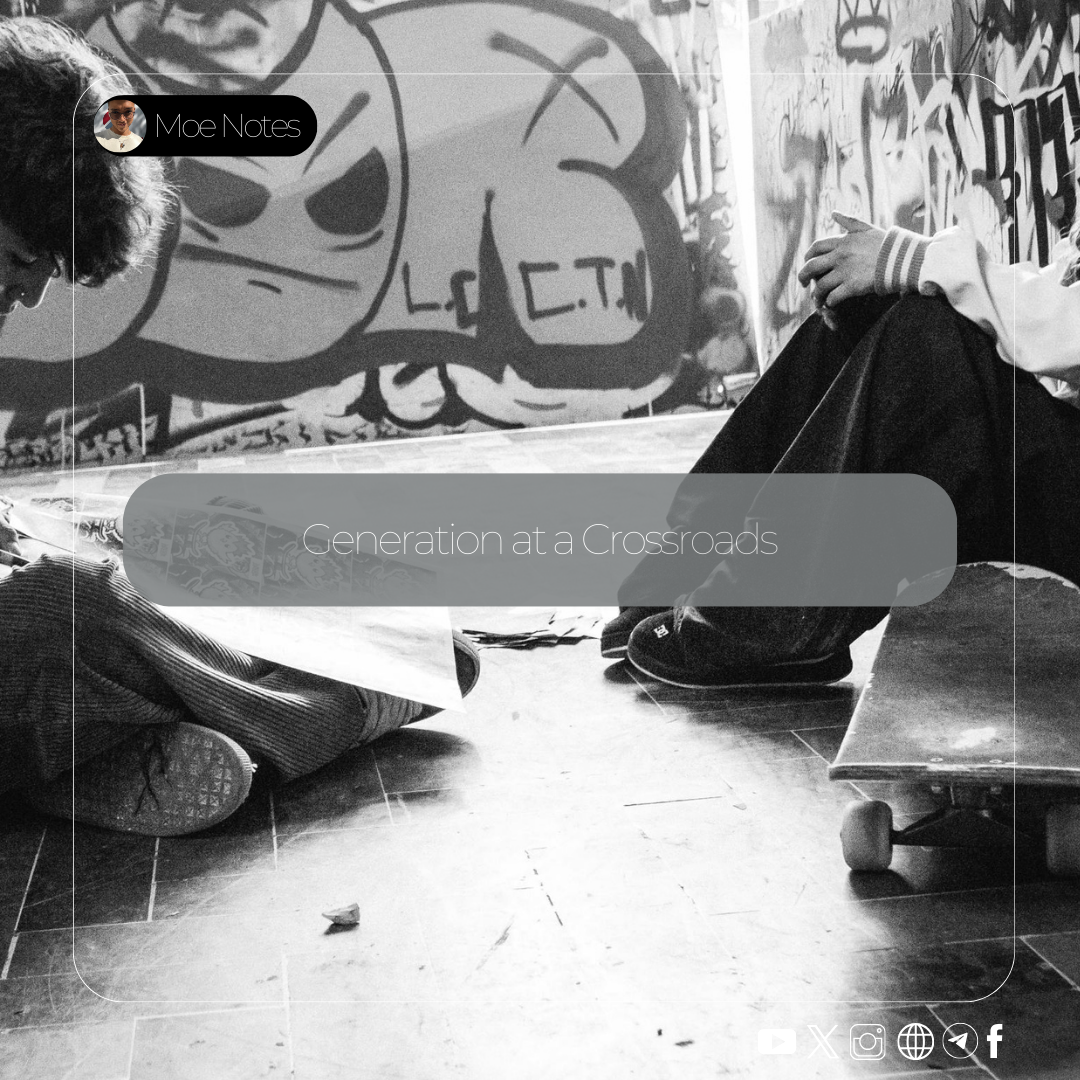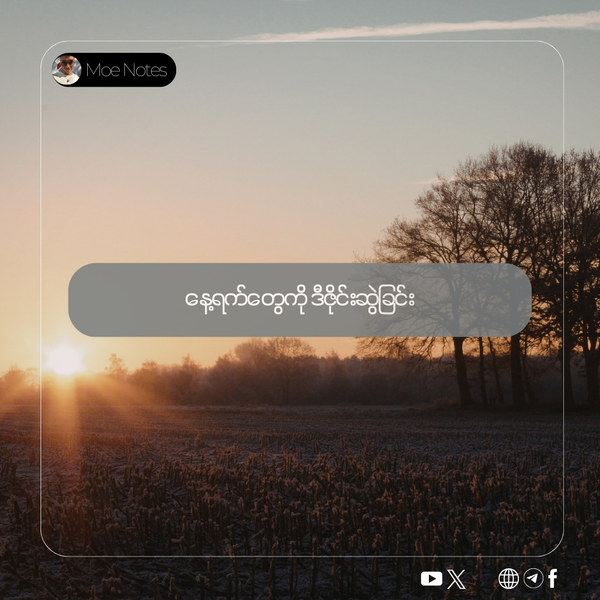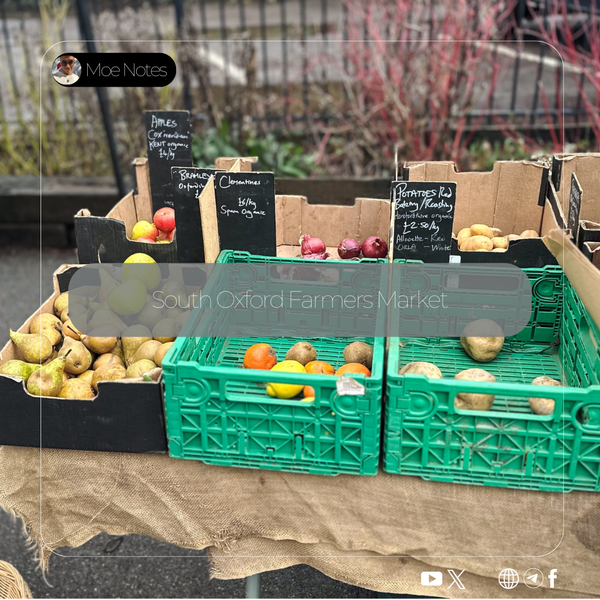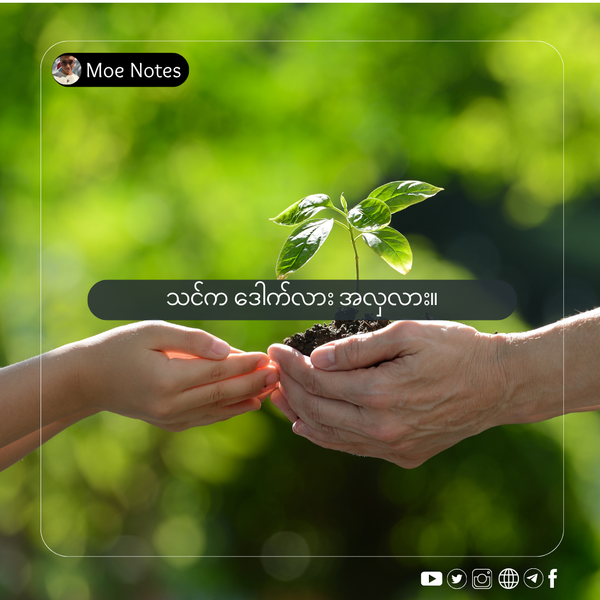Generation at a Crossroads

Lately, I've been talking with friends. As we chatted about this and that, we started comparing our peers. Some are still back home, some are abroad, and some are still lost. Whether you're a student in the UK or working a 9-to-5 job for less than minimum wage back home, all of us are standing at a crossroads.
One person might be running a shop downtown, another might be applying for internships at hotels, another is studying hard, another is getting high on drugs, and yet another is on a downward spiral so steep it feels impossible to climb back out.
Will all of these people end up in the same place?
Especially in an era like this, full of uncertainty and unpredictability, most young people are lost. Some know the path they want to take, but they lose their way halfway through. Some don't even know what they're doing. As for those who give no thought to their future, well, their story doesn't end well.
In the beginning, our situations and the paths we walk aren't that different. We joke around, talk, and exist in a happy little bubble. But slowly, as time passes—as degrees are earned, marriages happen, and children are held in our arms—people start to drift apart. The person who was just running a small local shop could become an entrepreneur shipping goods across the country. Likewise, the person who had it easy in their youth could end up ruined.
So what's the difference? I'd like to call it investment. How much have you invested in yourself? That investment could be a degree from a top university, a skill you taught yourself, or even just the effort you put into being a good person.
The Mindset
Before you can build skills or wealth, the first thing you must build is your mindset. This is the foundation for everything.
- Victim vs. Ownership Mentality: Most people get stuck blaming things they can't change: "I never got a chance," "My parents weren't rich," "The country's situation is terrible." This is a victim mentality. Instead of complaining about things they can't control, successful people take responsibility for the small things they do own—like the time to read for an hour a day, or the internet access to learn from YouTube. The mindset that says, "I own my life; I can control my reactions and my efforts," is the most powerful weapon you can have.
- Short-term Gratification vs. Long-term Vision: Instead of sitting at a tea shop with friends, use that time to take an online course. Make a habit of saving at least 10% of your income, no matter how small. You need time to have fun and chill, but that fun shouldn't come at the expense of your long-term goals. Discipline is sacrificing what you want now for what you want most.
Reform and Rebuild
Let's take two people. One is from a rich family. The other is from a poor family, can't afford an education, and is surviving on a wage lower than the minimum.
Both of them can fail. The rich kid, if not raised well, can become spoiled and undisciplined, leading to their own ruin. The poor person, crushed by the weight of their struggle, might give up and choose the easy, destructive path.
And both of them can succeed. The rich kid, with a good upbringing and strong character, has a clear path to success. The person from a humble background can also succeed through sheer effort, though their path will be much harder.
But what if both had to start over from zero? Who would win? The answer is clear: it’s not about being rich or poor. The winner will always be the person who has the mindset and skills to make the most of their current situation and rebuild from scratch.
This principle applies directly to our lives. You can be lazy. You can watch movies, hang out, go play football, and do the bare minimum in your studies. If doing these things doesn't compromise your character or your progress, there’s no reason to stop. But to truly move forward in life, you need a constant source of Learning Input.
How to Strive
That "learning input" doesn't have to come from studying abroad or attending a university. Learning exists far beyond the walls of a classroom.
- Master a Skill Online: YouTube has countless free tutorials on digital marketing, graphic design, video editing, and coding. Platforms like Coursera offer financial aid, making courses virtually free.
- Devote Yourself to a Craft: Strive to become a great barista who can make excellent coffee, a skilled mechanic who can fix any motorcycle, or a talented tailor who can craft beautiful clothes.
- Learn Languages: Become fluent in both Burmese and English. Don't just learn slang; learn to use the languages richly and effectively in any situation. Or, at least learn the basics of another language like Chinese, Japanese, or Korean.
- Read: The old bookshops on Pansodan Street are filled with valuable books. Reading helps you understand the world and its people, broadening your perspective.
- Learn Financial Literacy: This is the most crucial skill of all. No matter how much you earn, learn how to manage it. Save at least 10% of your income before you spend anything. Clearly understand the difference between an Asset and a Liability.
You might find yourself in a vicious cycle: "I don't have money to go to the gym." -> "Then find a job." "I don't have a certificate to get a job." -> "Then go to school or get training." "I don't have money for school." -> "Then find an internship or volunteer to get experience." This cycle never ends.
So my advice is to start somewhere. Start with a free YouTube tutorial. Use that small skill to create a small opportunity for yourself. Use the money from that to enroll in a better course. Take it one step at a time. Do this unless you want to be the person who, at 30 or 40, is still making excuses and saying, "I never got a chance."
Integrity
There’s something even more important than skills and degrees: building your character and valuing your integrity.
- The Foundation of Integrity: Respect yourself. You know you've made it when people still respect you even when you have no money in your pocket, no ability to offer anything in return, and no title to your name.
- In a difficult environment, it's even more critical to protect your character and integrity. You don't want people to respect you out of fear. You don't want them to bow to you because you have a powerful position. You want them to respect you for who you are—your very being, your character. That is the only true value that no one can ever take away from you.
- Building Social Capital: There's a saying: "Your network is your net worth." For someone without financial capital, social capital is priceless. This isn't about attending random networking events and fooling yourself into thinking you're a "social butterfly." It’s not just about having good connections.
- It's about building a good reputation through your willingness to help, your honesty, and your trustworthiness. Learn from people who are better than you, and help them back in any way you can. Don't take advantage of someone's kindness. Exploiting a friend who is just starting out as a photographer, or taking credit for group work you didn't contribute to—these actions destroy your own integrity.
Conclusion: Who Do You Want to Be?
This journey isn't just about getting a degree. It's an opportunity to shape the person you want to become over the long course of your life. All of us are standing at a crossroads. The path you choose will define your future. So ask yourself: Do I want to be the person who can rebuild even after I've fallen? Or do I want to be the person who lives in constant fear that the palace someone else built for me will collapse? It all depends on the choices you make today.



